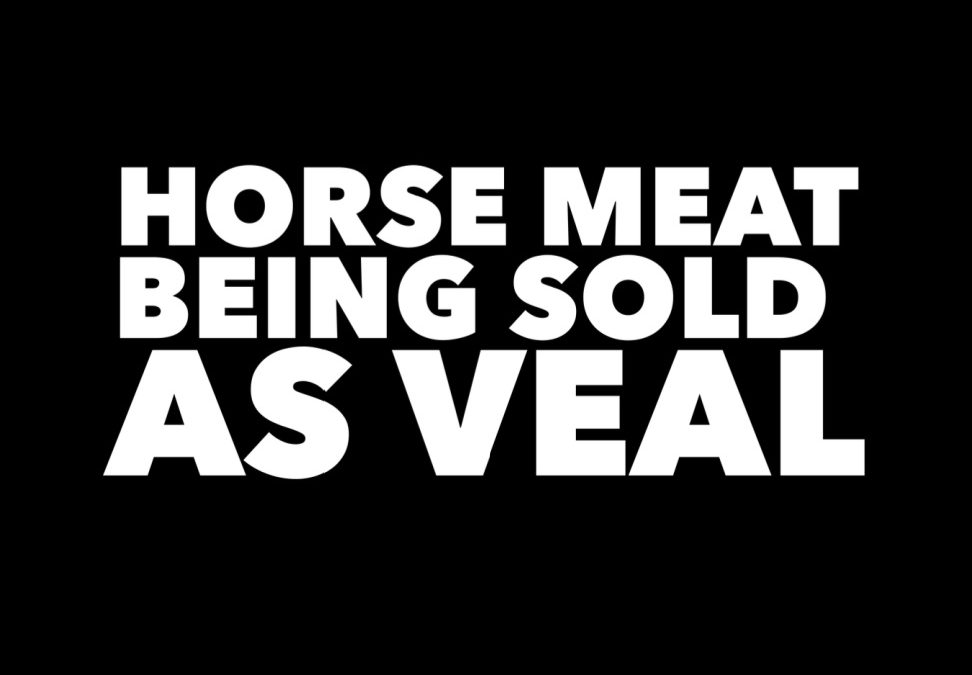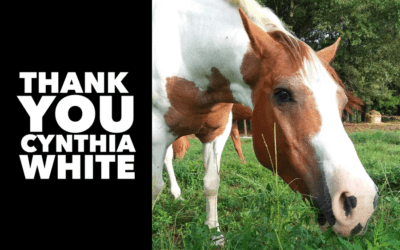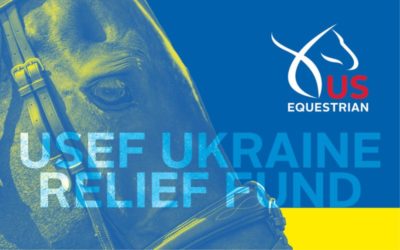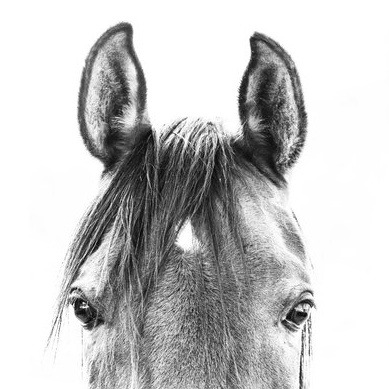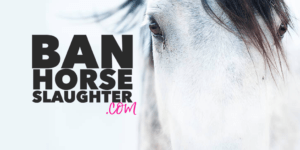HORSE MEAT MASQUERADES AS VEAL
Local media reported the findings had been made as part of Operation Opson X, which is coordinated by Europol and Interpol. DG Sante of the European Commission has supported national investigations looking at horse meat sales. Read more here
SURPRISED? Well in recent years, there have been similar cases throughout Europe, the USA and Canada. Numerous cases of horse meat, either being mixed in with other meats, or being presented as other than horse meat.
The 2013 horse meat scandal was a food industry scandal in parts of Europe in which foods advertised as containing beef were found to contain undeclared or improperly declared horse meat – as much as 100% of the meat content in some cases.
While the presence of undeclared meat was not a health issue, the scandal revealed a major breakdown in the traceability of the food supply chain, and the risk that harmful ingredients could have been included as well.
Sports horses, for example, could have entered the food supply chain, and with them the veterinary drug phenylbutazone (commonly known as BUTE) which is banned in food animals.
The scandal later spread to 13 other European countries… read more here.
USA TODAY REPORTED:
HORSE MEAT FOUND IN IKEA MEATBALLS
LONDON FEBRUARY 25, 2013 — It’s been about a month since a factory in Ireland let the pony out of the stable and admitted to finding traces of equine DNA in beef patties it made for export to the United Kingdom.
Since then, dinner tables across Europe have been finding out almost daily that at some point they probably were graced with an uninvited guest.
The latest discovery was made by the Swedish furniture giant IKEA. Inspectors in the Czech Republic said Monday they found traces of horse meat in frozen meatballs made in Sweden for the furniture maker.
IKEA spokeswoman Ylva Magnusson said meatballs from the same batch had gone out to Slovakia, Hungary, France, Britain, Portugal, the Netherlands, Belgium, Spain, Italy, Greece, Cyprus and Ireland. Magnusson said meatballs from that batch were taken off the shelves in IKEA stores in all those countries… read more here.
DAILY MAIL:
ARE YOU EATING HORSE?
RESEARCHERS FIND 20% OF SAMPLES OF GROUND BEEF
SOLD IN THE USA CONTAIN THE ILLEGAL FOOD STUFF
AUGUST 26, 2015
- Out of 48 samples of meat studied, 9 had additional animal included
- Horse meat, which is illegal to sell in the US, was detected in 2 samples
- This may have been down to cross-contamination at processing facility
- Lower-cost meat may be intentionally mixed to make a bigger profit
- Other meats discovered in research included beaver and guineafowl
WHY AREN’T
CANADIAN FOOD INSPECTORS (CFIA)
SURPRISED THERE’S
HORSE MEAT IN YOUR SAUSAGES?
Maclean’s AUGUST 4, 2017: Beware, summer BBQ-ers: there could be horse meat in your pork sausage. Or pork in your beef sausage. Or beef in your chicken sausage. Or chicken (and only chicken) in your turkey sausage.
Those are some of the examples cited in a new study from researchers at the University of Guelph, which found 20 per cent of sausages sampled from Canadian grocery stores contained meats that were not on the label.
The study was commissioned by the Canadian Food Inspection Agency [CFIA], which, according to the Canadian Press, was “not surprised” by the results. READ MORE HERE…
Did you REALLY get that?
Did you get that the Canadian Food Inspection Agency, (CFIA) the federal government agency that is responsible for the safety of food within Canada is NOT surprised that horse meat shows up on Canadian grocery store shelves marked as beef or other meats?
Are YOU really okay with that?
CANADIAN?
YOU COULD BE EATING HORSE MEAT WITHOUT KNOWING
In addition to the reporting by Maclean’s, CTV, CBC, the Toronto Sun, the Globe and Mail and others reported on the same. Read more here.

So why is eating horse meat
any different than eating
any other kind of meat?
That’s a great question.
One of the first concerns is that most of the horses slaughtered within Canada for human consumption, whether butchered and shipped to other markets – or consumed within Canadian borders – have not been raised specifically for meat.
Horses slaughtered in Canada include horses from the USA and Canada – including thoroughbred and standardbred horses who raced and those who never made it to the track.
Horses slaughtered also include pet horses, even stolen horses, and rodeo “stock”.
Most horses from these categories will have been treated with wormers at least twice per year, wormers that state on the packaging, they are never to be used on “livestock” entering the human food chain.
Racing “stock”, rodeo “stock” and pet horses will very often have been treated with a drug commonly known as BUTE, that is administered for a wide range of ailments in horses, everything from arthritis to hoof abscesses and so much more.
Ask any horse owner and they’ll be able to tell you all about how often they worm their horse and that they have most likely administered BUTE or other drugs not meant for use on “livestock” entering the human food chain.
POISON: IT'S WHAT'S FOR DINNER WHEN HORSEMEAT IS ON THE MENU
A study published in May 2010 in the journal Food and Chemical Toxicology found that substances routinely given to American horses cause dangerous adverse effects in humans.
One commonly used anti-inflammatory drug, phenylbutazone (bute), can be lethal if ingested by people.
The most serious effect of bute on humans is bone-marrow toxicity, leading to agranulocytosis (failure to produce white blood cells, causing chronic infections) and aplastic anemia (insufficient production of red and white blood cells and platelets).
Similar blood conditions such as leucopenia, hemolytic anemia, pancytopenia, and thrombocytopenia may also occur in people who consume bute.
The National Toxicology Program has determined that bute is a carcinogen.
For these reasons, the FDA bans this substance for human consumption.
And BUTE is not the only drug commonly used on horses that is not intended to ever end up in the human food chain.
But surely there’s paper work to be presented before a horse is slaughtered in Canada – right?
Surely there are protocols in place so that horses treated with toxic drugs such as wormers and BUTE don’t end up in the human food chain.
Well, you are right there is paperwork but it’s on the honour system.
Yes, in Canada those presenting horses to be slaughtered simply fill out an EID (Equine Identification Document) stating they are the rightful owner of the horse, and that the horse has not been administered drugs not meant to enter the human food chain.
Do you want to trust your health to a system that is based on the honour system, especially when there have been cases where stolen pet horses have been slaughtered?
And as you learned above, as long as horses are slaughtered in Canada – you may be eating horse meat, including toxic horse meat without knowing it.

T-SHIRTS IN SUPPORT OF HORSE RESCUE FUND
LIMITED TIME OFFER FREE SHIPPING CANADA & USA
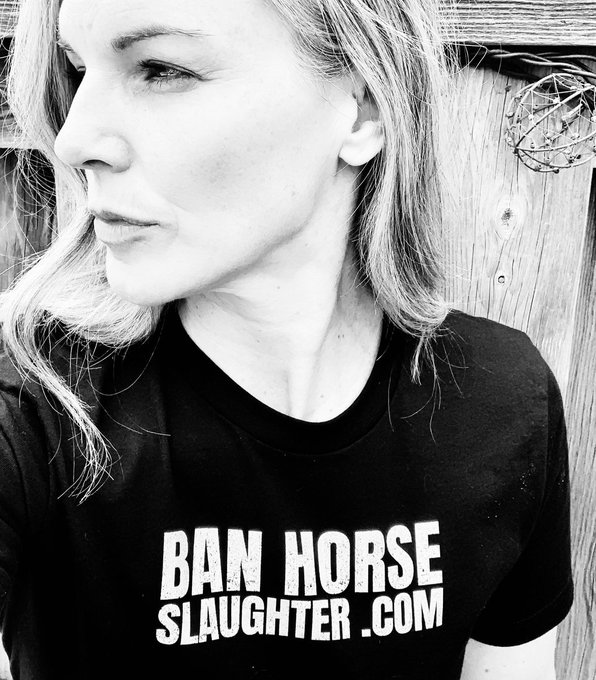
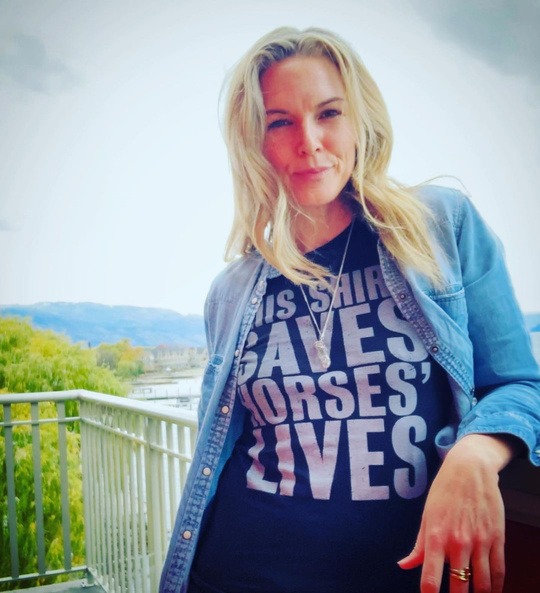
CANADA SLAUGHTERS HORSES FOR HUMAN CONSUMPTION
It may be hard for some to believe that tens of thousands of horses, including pets, are routinely slaughtered in Canada, for human consumption.
Some of the meat is consumed in Canada and much of it is shipped to the European Union and other markets, including Japan.
The barbaric slaughter of horses is currently not legal in the United States, BUT horses, including pets and ex-racehorses, from the United States are shipped to Canada and to Mexico to be slaughtered.
In addition Canada allows for the transportation of live horses to Japan, to be slaughtered for human consumption, and unfortunately the transportation of horses destined for slaughter within Canada, and by air, is far from humane.
CURRENT PETITIONS: UPDATED JULY 2023
PLEASE SIGN & SHARE THE FOLLOWING E-PETITIONSCANADA STOP EXPORTING LIVE HORSES FOR SLAUGHTERThousands of live horses are exported each year from Canadian cities (Calgary, Edmonton and Winnipeg) to Japan, where they are slaughtered for a luxury item, raw horsemeat...
CYNTHIA WHITE
THANK YOU CYNTHIA WHITEWe regularly state how we love and admire keyboard warriors, and we constantly remind keyboard warriors of how valuable they are.Cynthia White lives in the state of Georgia on a farm, that has been in her family since 1860, with 2 horses, 2...
HOW TO HELP HORSES IN UKRAINE
FEI & USEF UKRAINE RELIEF FUNDUS Equestrian will be joining up with the FEI in their recently announced efforts to provide support to the equestrian community of Ukraine by establishing the USEF Ukraine Relief Fund. 100% of funds collected will go to the FEI...

